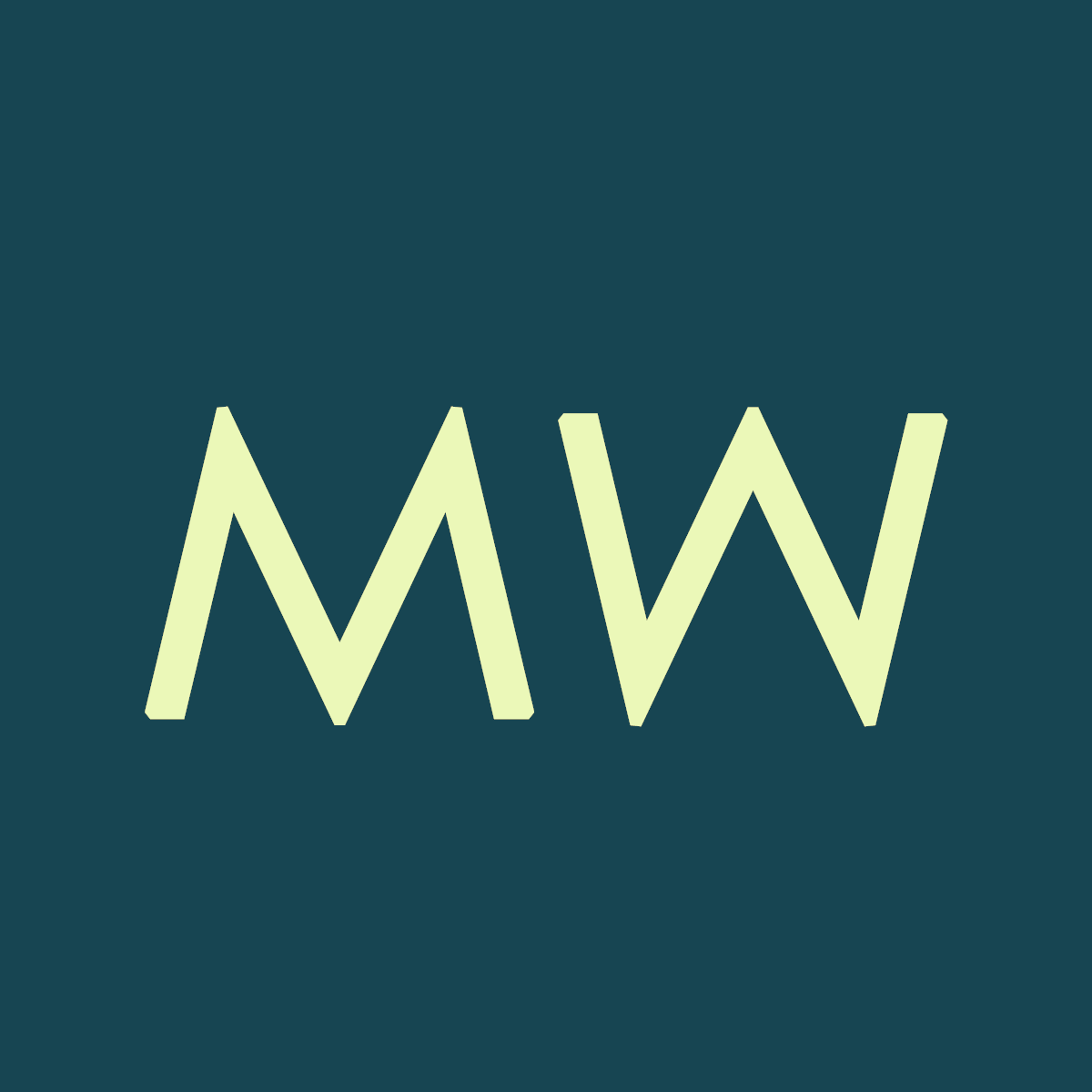Perhaps you are not a person who needs an excuse or rationale to buy new books. But if you’re looking for some, here are a few reasons you can feel good about purchasing the books on my recommended reading list for academic authors below:
Reading these books counts as professional development, especially if you’ve been hungry for mentorship on writing and publishing. They are resources that can help you meet your career goals if your goals have anything to do with writing books. Ergo, they are a very worthy investment.
Reading books about writing and publishing is less mentally taxing than reading regular academic monographs or articles. You might even find it fun?
You’ll be supporting authors and (mostly) independent or non-profit publishers (especially if you buy directly from the publishers when possible).
They make great gifts for friends, mentees, and students. If you’re not a holiday gift-giver, you can save them for graduation time.
I thought I’d share a list of my favorite resources with you, in case you want to check some of them out yourself. There’s a book or two in here for academic writers at every stage, whether you’re in the middle of your dissertation, preparing to revise your dissertation into a book, working toward pitching your first book or subsequent ones for publication, navigating the publishing and book promotion process, or even trying to make a career of book authorship.
First, let’s get the self-plug out of the way
The Book Proposal Book: A Guide for Scholarly Authors (Princeton University Press, 2021) is available in paperback, ebook, and audiobook editions. As the title implies, this book guides readers through the process of writing a scholarly book proposal and provides straightforward advice on navigating the processes of submission, peer review, and publication. You can find out lots more about this book, and get the free worksheets and other downloads that go with it, here.
Now that that’s dispensed with, here are several other books that will help you navigate the scholarly book publishing process
Writing and Publishing Your Book: A Guide for Experts in Every Field (Greenwood, 2017), by Melody Herr
Highlights: lots of practical examples plus tips on contract negotiation and marketing.
Getting It Published: A Guide for Scholars and Anyone Else Serious about Serious Books (University of Chicago Press, Third Edition, 2016) by William Germano
Highlights: thoughtful insights on scholarly publishing from a veteran editor.
Handbook for Academic Authors (Cambridge University Press, Fifth Edition, 2010, Sixth Edition forthcoming), by Beth Luey
Highlights: covers journal articles, multi-author anthologies, textbooks, and digital works, in addition to traditional monographs.
What Editors Do: The Art, Craft, and Business of Book Editing (University of Chicago Press, 2017) edited by Peter Ginna
Highlights: several chapters by academic acquisitions editors provide a glimpse of what they’re looking for in new books and how they publish them.
Thinking Like Your Editor: How to Write Great Serious Nonfiction–and Get It Published (Norton, 2002) by Susan Rabiner and Alfred Fortunato
Highlights: also provides insight into what acquiring editors are looking for, especially for authors who are thinking of publishing crossover or trade books.
Scholarly Publishing: A Short Guide (2019) by Jo VanEvery
Highlights: addresses many of the decision-making processes that go into choosing whether to publish a book and where.
Additional books for academics who want to cross over to reach non-academic publishers and audiences
Before and After the Book Deal: A Writer’s Guide to Finishing, Publishing, Promoting, and Surviving Your First Book (Catapult, 2020) by Courtney Maum
Highlights: practical advice on book promotion, much of which will work for academic authors too.
So You Want to Publish a Book? (Belt Publishing, 2020) by Anne Trubek
Highlights: focuses on independent trade publishing, which may be the right route for the book you’re working on.
The Business of Being a Writer (University of Chicago Press, 2017) by Jane Friedman Highlights: chapters on nonfiction book proposals and trade publishing are must-reads if you want to get a literary agent and pitch big publishers.
Books about the craft of writing, specifically aimed at academic authors
The Elements of Academic Style: Writing for the Humanities (Columbia University Press, 2014) by Eric Hayot
Highlights: tips on how to get writing done plus strategies for effective structure at the paragraph level and beyond.
Stylish Academic Writing (Harvard University Press, 2012) by Helen Sword
Highlights: helpful advice on refining voice and presentation in your writing, plus titles and other stuff like that.
Developmental Editing: A Handbook for Freelancers, Authors, and Publishers(University of Chicago Press, 2009) by Scott Norton
Highlights: a couple chapters specifically focus on scholarly texts and offer techniques for sorting out matters of argument and narrative.
The Princeton Guide to Historical Research (Princeton University Press, 2021) by Zachary Schrag
Highlights: Chapter 13 of this book has the best guidance on how to structure an academic book that I’ve ever encountered, plus the whole volume has lots of great insights about research design and writing. It’s geared toward historians (obviously) but useful far beyond the discipline, in my opinion.
Books about revising your dissertation into a viable book
The Thesis and the Book: A Guide for First-Time Academic Authors (University of Toronto Press, second edition, 2003), edited by Eleanor Hartman, Ian Montagnes, Siobhan McMenemy, and Chris Bucci
Revising Your Dissertation: Advice From Leading Editors, edited by Beth Luey (University of California Press, updated edition, 2008)
From Dissertation to Book (University of Chicago Press, second edition, 2013), by William Germano
These are all useful in their own ways, and they’re all pretty quick to get through, so I’d recommend getting all three if you can. Focus on the chapters that feel most relevant to your project and your field.
What other books have helped you in your writing and publishing process?

